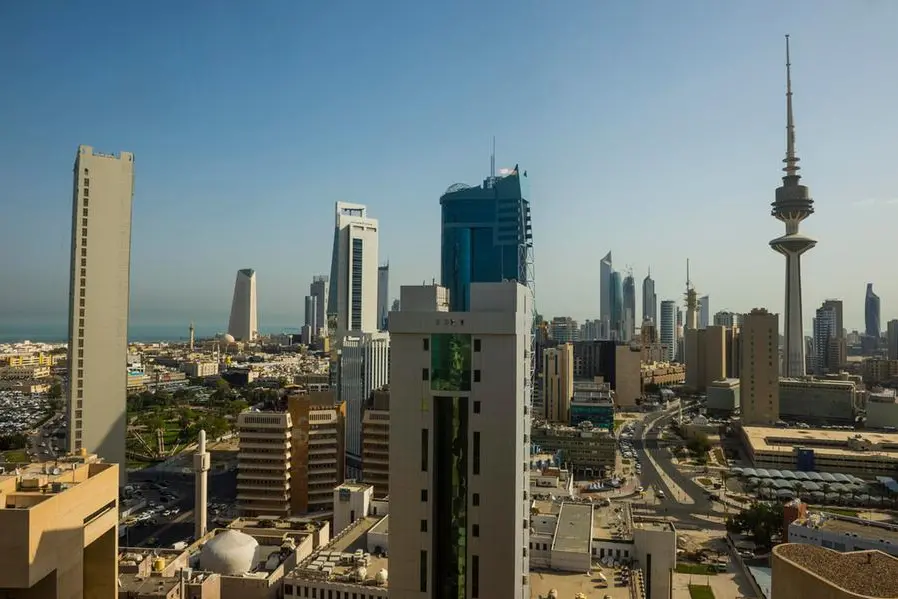PHOTO
Kuwait: The Royal Academy of Management (RAM) has concluded the “Future of Work in Government for GCC Countries” programme, a groundbreaking initiative and the first-of-its kind, aimed at second-line government leaders from Oman and the Gulf Cooperation Council (GCC) countries.
Implemented by the Royal Academy of Management in collaboration with the Institute of Public Administration (IPA) in Bahrain, the Civil Service Commission (CSC) of Kuwait, and Saïd Business School at the University of Oxford, the programme reflects a strategic initiative to enhance Gulf integration in government development and realise national visions for future readiness.
The graduation ceremony for the participants took place in Kuwait during the final in-person module, held from 23 to 25 December 2024.
The event was held under the patronage of Dr. Essam Al-Rubaian, President of the Kuwait Civil Service Commission, and attended by Dr. Ali bin Qassim Al Lawati, President of the Royal Academy of Management, along with a distinguished gathering of senior officials and experts from GCC countries.
The programme journey included several phases and key themes, comprising ten virtual modules delivered in Arabic. These executive learning modules focused on strategic and leadership topics such as public administration, project management, business analytics, and digital transformation.
The programme also addressed critical issues like change management, enhancing team leadership effectiveness, and enabling institutions to adapt and thrive in the digital economy, alongside leadership strategies and future readiness.
Speaking at the event, Dr. Ali bin Qassim Al Lawati, President of the Royal Academy of Management, underscored the importance of the programme and its focus on mid-level leadership development, describing this group as the backbone of institutions.
He highlighted their critical role in implementing senior leadership strategies and translating them into practical outcomes that achieve organisational objectives.
He stated: “We believe that enhancing leadership capabilities is fundamental to achieving sustainable and innovative transformation in government operations across the GCC. Through this program, we have provided an integrated learning experience that blends modern theories with practical applications to equip these leaders with the skills needed to face challenges and develop innovative solutions.
“This approach aims to improve institutional performance and support the realisation of the various national visions of the GCC countries, ensuring their readiness for the future in all its dimensions.”
During the closing ceremony, he further emphasised: “The Academy remains committed to fostering Gulf cooperation by designing innovative learning solutions tailored to leaders at all levels, with a particular focus on utilising modern educational tools such as artificial intelligence and experiential learning.
Through this programme, we aim to empower this vital group to deliver performance that meets the aspirations of the Gulf people and advances sustainable development.”
Participants highlighted the programme’s value in promoting innovation and efficiency in government work. They commended the Academy’s pivotal role in advancing executive education and fostering institutional integration in the Gulf region through this programme.
© Muscat Media Group Provided by SyndiGate Media Inc. (Syndigate.info).





















